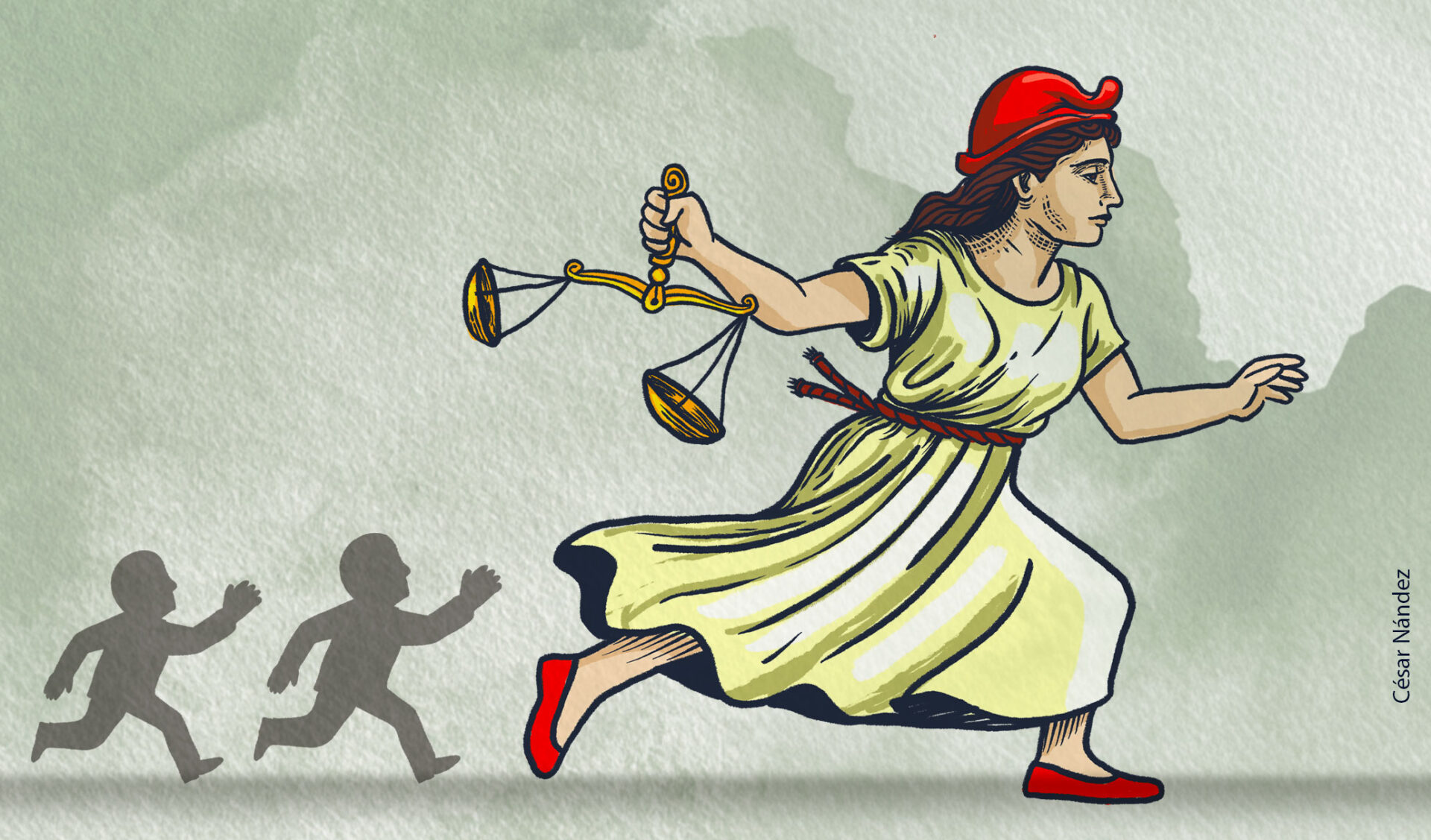At the end of July, El Salvador’s Congress, dominated by the ruling majority, approved indefinite reelection, extended the presidential term from 5 to 6 years, and established simultaneous elections without a runoff. In Ecuador, in mid-August, President Daniel Noboa led and encouraged a march against the judges of the Constitutional Court after they blocked proposals that violated the Constitution and, therefore, the country’s institutional framework. He even went so far as to publish photographs of the magistrates who vetoed his initiatives. In Chile, far-right candidate José Antonio Kast declared verbatim at the Moneda Patria Investments 2025 seminar: “Congress is important, but it is not as relevant as you imagine,” making it clear that, should he lack a substantial majority, he would govern by decree.
In all three cases, the logic is similar: to order and discipline the other branches of government to fit the needs of the executive—whether already in power, like Bukele and Noboa, or aspiring to it, like Kast. These measures and discourses fall within the realm of the illiberal, close to the practices of authoritarian leaders. However, beyond the actions of these political figures, there is a key element we cannot overlook: citizens’ support for these measures, celebrated in the streets and amplified on social media.
This raises a profound question about how democracy is being perceived and experienced in the region. Data from the AmericasBarometer show that support for democracy as “the best form of government” peaked in 2008 at 69% regionally. Between 2016 and 2019, that support fell to 58%. This is not a minor variation: it reflects a shift in how people understand their social life and their relationship with the democratic system.
Looking at specific cases: in Chile, support peaked at 80% in 2010 and 2014, but dropped to 61% in 2016–17, before recovering to 70% in 2023. In Ecuador, the maximum was 67% in 2014 and the minimum in 2023 with 51%. In El Salvador, the peak was 73% in 2021 and the lowest in 2016 with 55%.
Even more concerning are responses to direct questions: in Chile, in 2023, 19% accepted that the executive could govern without Congress. In Ecuador, 33% considered it justifiable for the president to dissolve the Supreme Court. Adding the cases of these three countries, only 48% of citizens declared themselves satisfied with democracy.
These data suggest that citizens’ demands have shifted: we live in more polarized societies, with a growing predisposition toward authoritarian values, fueled by security and identity crises (Inglehart & Norris, 2019). This forces us to rethink democratic defense with a more grounded approach: it is not enough to strengthen institutions in the abstract; we must understand how people live and experience democracy in their daily lives.
Democratic experience is not only the act of voting or the existence of formal checks and balances; it is also the feeling of inclusion, representation, and trust that the rules of the game guarantee rights and freedoms for all. When that experience erodes, democracy ceases to be a space of encounter and becomes a field of social frustration. That is where the acceptance of leaders who promise order in exchange for reduced freedoms takes root.
The task, then, is to rebuild bridges between institutional arrangements and democratic experience. This requires a joint effort by political parties, branches of government, and civil society to stop authoritarian proposals or actions before they become normalized. As Adorno (1950) warned, the risk is not only the formal elimination of democracy, but its hollowing out from within: an order that preserves the democratic façade but no longer protects or represents society.
Reversing this erosion is not an abstract task nor one reserved for formal statements: it requires deliberate actions. Political parties must open genuine channels of citizen participation and stop conceiving politics solely as a competition for power. The branches of government, at all levels, must show that democracy delivers tangible results in everyday life: security, justice, quality public services. And civil society must assume an active role in the monitoring and defense of rights—not only reacting when they are threatened but promoting a democratic culture that is lived in schools, neighborhoods, and on social media. Without this reconnection between institutional arrangements and lived experience, any democratic structure will be an empty shell, vulnerable to leaders who offer order in exchange for freedom. The true defense of democracy begins with how we feel and practice it every day.
*Machine translation, proofread by Ricardo Aceves.












